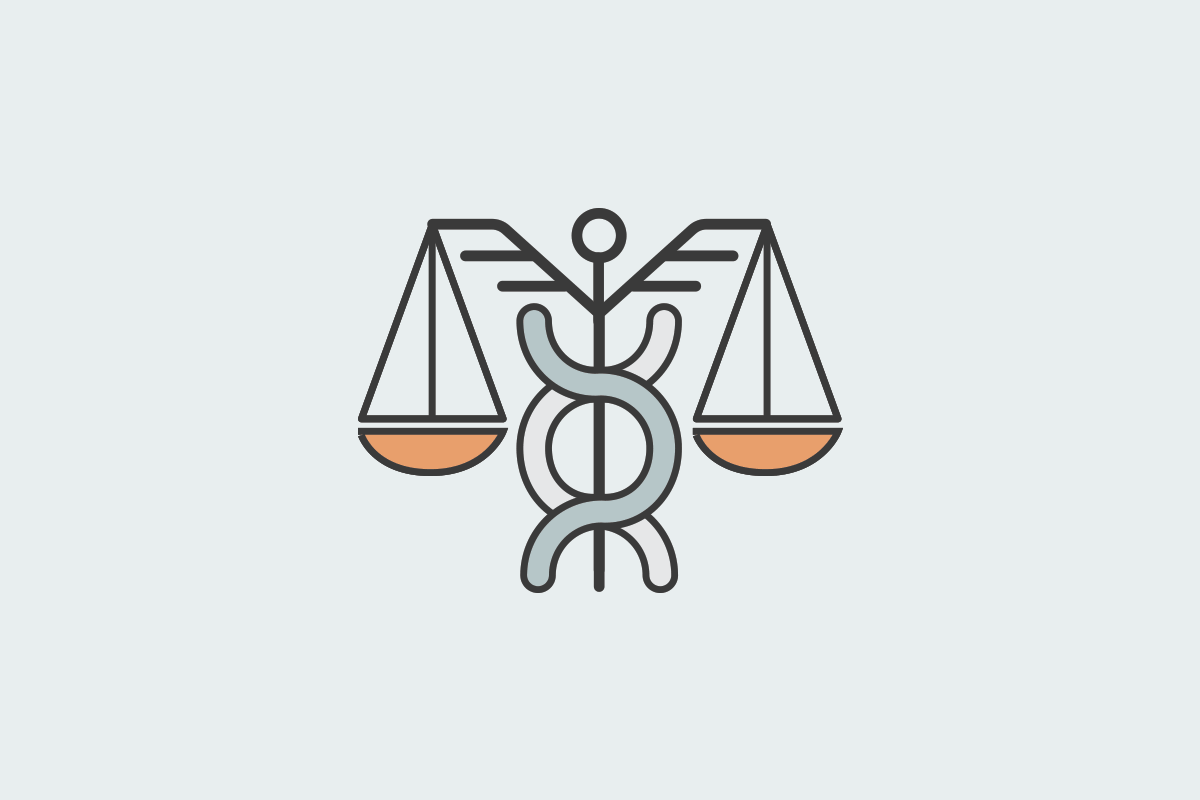Kindness— a word many have long associated with “softness” or “weakness.” As research on kindness continues to emerge, views around this topic in the workplace are evolving. Kindness is defined as being compassionate, considerate, and caring for others without the expectation of receiving something in return. According to the Random Acts of Kindness Foundation, kindness…
Your Welcoa membership has expired.
Can Health Coaches Legally Offer Mindfulness/Meditation Training?
The following article does NOT constitute legal advice and should not be used as such. It is for educational purposes only. Readers should retain legal counsel to obtain definitive answers.
Given the increased stress felt by employees, particularly in the aftermath of COVID-19, many employers and wellness professionals may seek assistance from health and wellness coaches who specialize in mindfulness.
According to mindful.org, “mindfulness is the basic human ability to be fully present, aware of where we are and what we’re doing, and not overly reactive or overwhelmed by what’s going on around us.”1
According to the same source, mindfulness is something everyone has the ability to learn with the proper technique.2
An important and relevant legal question is whether mindfulness can be taught by unlicensed wellness professionals, such as wellness or life coaches, or whether it falls exclusively in the domain of licensed mental health therapy practices. Knowing who can provide mindfulness training is crucial for wellness program designers who wish to add mindfulness opportunities to program participants and still maintain compliance.
To determine whether mindfulness, as defined above, falls within or outside a licensed scope of practice, it is important to first define wellness or life coaching, which is often the type of coaching that is most likely to be confused with licensed mental health therapy practices.
The International Coach Federation defines coaching as:
Partnering with clients in a thought-provoking and creative process that inspires them to maximize their personal and professional potential. Professional coaches provide an ongoing partnership designed to help clients produce fulfilling results in their personal and professional lives. Coaches are trained to listen, to observe and to customize their approach to individual client needs. They seek to elicit solutions and strategies from the client; they believe the client is naturally creative and resourceful. The coach’s job is to provide support to enhance the skills, resources and creativity that the client already has.3
Another resource identifies four areas in which coaches work with clients:
- Defining goals
- Formulating a plan that will use the client’s skills
- Holding the client accountable for progress
- Providing structure, encouragement and support4
Thus, coaching focuses on helping those who are overall very functional from a mental health perspective, but seek help in achieving their full potential or wellbeing.
By contrast, mental health therapy is more likely and apt to help people move from a state of dysfunction to one of being functional.5 Certainly licensed mental health therapists can also provide coaching-type services, but their training also allows them to help individuals who need to uncover the source of mental health problems and recover from those problems.6 Coaches who try to diagnose or treat a client’s mental illness may be unlawfully practicing medicine and/or psychotherapy without a license.7 As a result, coaches who encounter clients that may be operating at a place of dysfunction should consider referring those clients to a licensed mental health therapist. See Chapter Six for more information on scope of practice and licensure requirements.
Mindfulness is a tool, much like hypnosis, that may be used by both licensed therapists and unlicensed individuals, such as coaches. However, when used by coaches to help clients, the coach should ensure that the client is using mindfulness to achieve the goals of coaching and not to cure or treat a mental illness. If mindfulness is about being present and aware, it could be a very useful technique in helping clients define and clarify goals and plans to achieve peak performance. Such use of mindfulness would be within the realm of coaching. But if a client wishes to use mindfulness to address depression or anxiety, the coach should refer that client to a licensed mental health professional.
Here is a case in point. One mindfulness expert recently wrote about her experience with mindfulness and talk therapy. She states that she practiced mindfulness meditation for years under the guidance of Japanese and Tibetan Buddhist teachers and became skilled at it. She kept “stuffing down” feelings she declared “illusory.” Then, years later, she experienced a panic attack. She was advised to talk to someone. She started to see a psychoanalyst, who after some sessions observed the writer’s sadness. This observation led the writer on a path to uncover and recover from life-long anxiety symptoms. “Therapy was able to resolve issues that meditation never had,” she wrote.8
Thus, it is important for workplace wellness program designers who wish to include mindfulness as part of the program to understand the purpose behind offering mindfulness training. If it is being offered to relieve stress and anxiety in the workplace, that may require employees working with licensed individuals who are trained to address diagnosable conditions. If, however, workplace wellness programs include mindfulness to enhance employee wellbeing and to help them set career goals, that may be more in line with a coaching skill set. Knowing and understanding employee needs and then matching those needs to the properly trained professionals is critical for mitigating legal risk.
1 Mindful, What is Mindfulness? (July 8, 2020), available at https://www.mindful.org/what-is-mindfulness/ (last visited Dec. 29, 2020).
2 Id.
3 Jim Peterson, Counseling vs. Life Coaching, Counseling Today (Dec. 15, 2008), available at https://ct.counseling.org/2008/12/counseling-vs-life-coaching-2/ (last visited Dec. 30, 2020).
4 Id.
5 Id.
6 Id.; see also Wis. Stat. § 457.01(6) (defining “professional counseling” as integrating wellness, pathology and multicultural models of human behavior) (emphasis added).
7 Sara Jasper, JD, Coaching vs. Therapy, CAMFT (July 1, 2015), available at https://www.camft.org/Resources/Legal-Articles/Chronological-Article-List/coaching-vs-therapy (last visited Dec. 30, 2020).
8 Rande Brown, LCSW, When Mindfulness is Not Enough, Psychology Today (March 4, 2019), available at https://www.psychologytoday.com/us/blog/contemporary-psychoanalysis-in-action/201903/when-mindfulness-is-not-enough (last visited Dec. 31, 2020).

Barbara J. Zabawa
President of the Center for Health and Wellness Law, LLC
wellnesslaw.com
Health Promotion Program Legal Updates*
Every 3rd Wednesday from 10:00–11:00 AM CT
*This is an exclusive WELCOA Member Resource.




